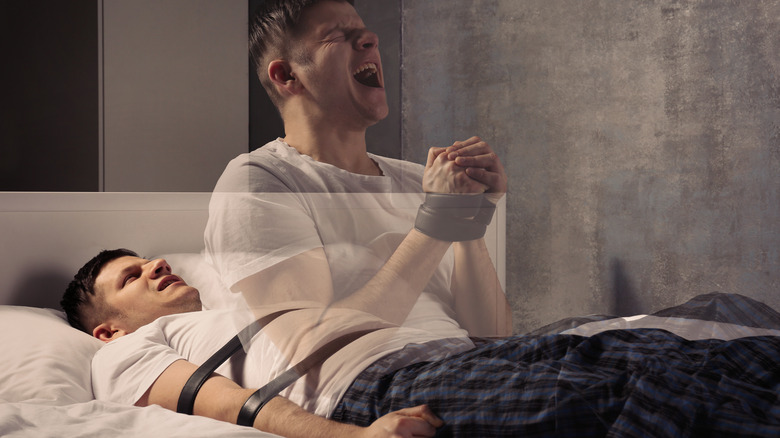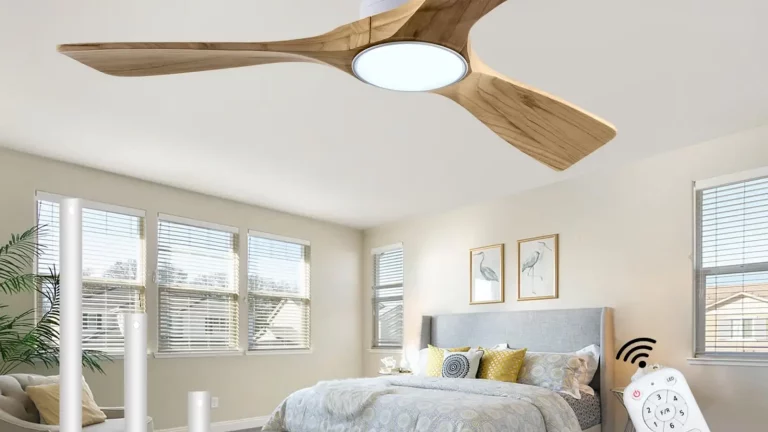Per the National Health Service (NHS), sleep paralysis is a state that renders you unable to move or speak when you’re waking up or about to fall asleep. During this time, you are conscious, and your eyes may or may not be open, but you are not able to move. Overall, sleep paralysis can be a scary experience.
According to the statistics by Penn State University, around 8% of the general population experiences sleep paralysis. Per the American Academy of Sleep Medicine (AASM), sleep paralysis can affect anyone at any age, but typically, the first episodes begin around the ages of 14 to 17 years.
AASM also reveals that some people may have hallucinations or feel a presence in the room during an episode. If you experience sleep paralysis, you might notice a heavy feeling in your chest, as if something is pushing down on you. But why does sleep paralysis happen to begin with?
Causes of sleep paralysis

Per the Cleveland Clinic, the body naturally becomes paralyzed during the REM stage of the sleep cycle. At this time, the person is more likely to dream. Thus, the body temporarily experiences muscle paralysis to prevent you from acting out your dreams. In the case of sleep paralysis, a person wakes up during this stage and is still unable to move.
Research shows this condition is more prevalent in students and people with mental disorders, especially panic disorders (via Penn State University). Sleep paralysis is quite common in people (such as students or shift workers) with disrupted sleep, irregular sleep schedules, or poor sleep quality. It is also more common among people who are stressed or use substances (per LiveScience).
Per the NHS, another reason for sleep paralysis may be narcolepsy. This type of sleep disorder causes extreme drowsiness during the day, and as a result, the person falls asleep suddenly (via Mayo Clinic). While falling asleep or waking up, many people with narcolepsy have brief episodes of sleep paralysis which may last for a few minutes. Another potential culprit, according to Cleveland Clinic, is obstructive sleep apnea, which involves interrupted breathing.
Following proper sleep hygiene (such as a regular sleep schedule), only using doctor-approved medications, and treating existing health issues can help manage the condition, suggests AASM.

